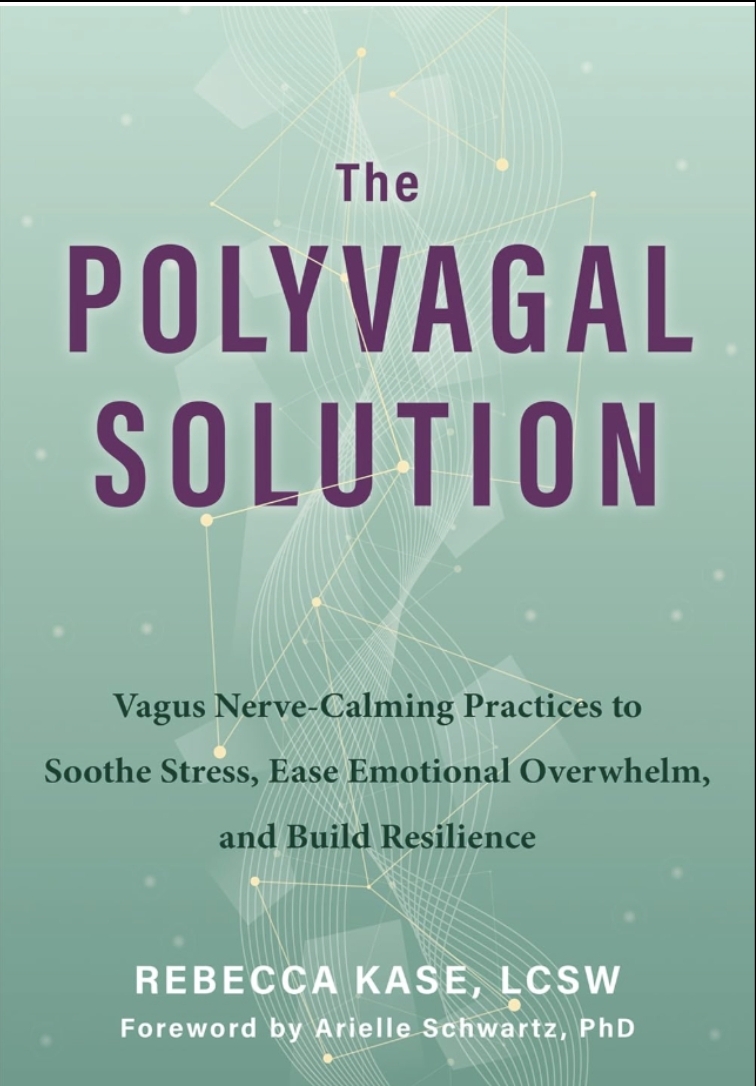Lifestyle
Aggressive Driving and Traffic Violations

Aggressive driving occurs when someone drives with the intention of annoying, harassing, intimidating, injuring or obstructing another person. This can be done by committing a combination of traffic offenses committed by an individual with such intentions. A driver who is tailgating other vehicles on a multi-lane highway without using signals and driving at reckless speeds could be charged with this if they are trying to harass another driver.
Aggressive Driving in Georgia: 6 Point Violation
Being charged with aggressive driving is considered a 6-point violation, and be dangerous in general. If someone is accused of an aggressive driving offense, they will need to appear in court before a judge. Lawyers gather pieces of evidence including videos, photographs, witness statements, and forensic reports. If you have been charged with aggressive or reckless driving, you should consider taking legal advice from an attorney who has handled cases in that jurisdiction.
Signs of an Aggressive Driver
Aggressive driving occurs when someone operates any vehicle with the intention of annoying, harassing, intimidating, injuring, or obstructing another person. There are some warning signs indicative of aggressive driving. These signs include driving above speed limits, violating traffic control measures such as signal lights and traffic signs, pulling out in front of other cars with the intent to annoy or harass someone, excessive honking, flashing lights, tailgating or following too closely, changing lanes or overtaking recklessly, displaying inappropriate hand gestures or swearing, and road rage. Aggressive driving is often concluded under the state statute that regulates reckless driving—driving while drunk or intoxicated may also lead to aggressive driving charges.
Case Proceedings
Aggressive driving is imposed as a high and aggravated misdemeanor offense, and the guilty party must be present in court, and cannot pay the fine online. The aggressive driving charge can carry up to a $5,000 fine and 12 months in jail in Georgia. However, the court can replace jail time with probation. Probation may have conditions like community service and a defensive driving course, or the offender could also get placed on probation. Being charged with the offense of aggressive driving carries a 6-point penalty on the offender’s license, and accumulating 15 points within 24 months can get their license suspended. Additionally, the offenders’ criminal records will forever reflect a conviction for aggressive driving, which could drastically affect their current and future employment.
Defenses Against Aggressive Driving Charges
Considering the above severe penalties for aggressive driving, you must contact a traffic violation lawyer immediately to represent your case if you face charges of aggressive driving. Your lawyer will help you in investigating and mitigating the offense. Your lawyer will be your advocate and fight for you “It is crucial that your lawyer is experienced and familiar enough with the court system and has a track record of working with traffic violation criminal cases, wherever the jurisdiction the defendant is in” says criminal defense lawyer Ryan Brown of J. Ryan Brown Law, LLC.
In Palmetto, the municipal court and state court solicitor in Fulton County handles aggressive driving cases. If you are charged with an aggressive driving offense, you will need to have a Palmetto traffic attorney on your side.
Lifestyle
The Missing Piece in Self-Help? Why This Book is Changing the Wellness Game

Self-help shelves are full of advice — some of it helpful, some of it recycled, and most of it focused on “mindset.” But Rebecca Kase, LCSW and founder of the Trauma Therapist Institute, is offering something different: a science-backed, body-first approach that explains why so many people feel struck, overwhelmed, or burned out — and what they can actually do about it.
A seasoned therapist and business leader, Kase has spent nearly two decades teaching others how to navigate life through the lens of the nervous system. Her newest book, “The Polyvagal Solution,” set to release in May 2025, aims to shake up the wellness space by shifting the focus away from willpower and onto biology. If success has felt out of reach — or if healing has always seemed like a vague concept — this book may be the missing link.
A new way to understand stress and healing
At the heart of Kase’s approach is polyvagal theory, a neuroscience-based framework that helps explain how our bodies respond to safety and threat. Developed by Dr. Stephen Porges, polyvagal theory has transformed the way many therapists understand trauma, but Kase is bringing this knowledge to a much wider audience.
“The body always tells the truth,” Kase says. “If you’re anxious, exhausted, or always in overdrive, your nervous system is asking for support, not more discipline.”
“The Polyvagal Solution” makes this complex theory digestible and actionable. Instead of promising quick fixes, Kase offers strategies for regulating the nervous system over time, including breathwork, movement, boundaries, and daily practices that better align with how the human body functions. It’s less about pushing through discomfort and more about learning to tune in to what the body needs.
From clinical expertise to business insight
What sets Kase apart isn’t just her deep understanding of trauma but how she blends that knowledge with real-world experience as a business owner and leader. As the founder of the Trauma Therapist Institute, she scaled her work into a thriving company, all while staying rooted in the values she teaches.
Kase has coached therapists, executives, and entrepreneurs who struggle with burnout, anxiety, or feeling disconnected from their work. Regardless of who she works with, though, her message remains consistent: the problem isn’t always mindset — it’s often regulation.
“Success that drains you isn’t success. It’s survival mode in disguise,” Kase explains. Her coaching programs go beyond traditional leadership training by teaching high achievers how to calm their nervous systems, enabling them to lead from a grounded place, not just grit.
Making the science personal
For all her clinical knowledge, Kase keeps things human. Her work doesn’t sound like a lecture but rather like a conversation with someone who gets it. That’s because she’s been through it herself: the long hours as a therapist, the emotional toll of supporting others, the realities of building a business while managing her own well-being.
That lived experience informs everything she does. Whether she’s speaking on stage, running a retreat, or sharing an anecdote on her podcast, Kase has a way of weaving humor and honesty into even the heaviest topics. Her ability to balance evidence-based practice with practical advice is part of what makes her voice so compelling.
Kase’s previous book, “Polyvagal-Informed EMDR,” earned respect from clinicians across the country. But “The Polyvagal Solution” reaches beyond the therapy community to anyone ready to understand how their body is shaping their behavior and how to create real, sustainable change.
Why this message matters
We’re in a moment where burnout is common and overwhelm feels normal. People are looking for answers, but many of the tools out there don’t address the deeper cause of those feelings.
That’s where Kase’s work lands differently. Instead of telling people to “think positive” or “try harder,” she teaches them how to regulate their own biology. And in doing so, she opens the door for deeper connection, better decision-making, and more energy for the things that matter.
As more workplaces begin to embrace trauma-informed leadership, more individuals are seeking solutions that go beyond talk therapy and motivational content. Kase meets that need with clarity, compassion, and a toolkit rooted in both science and humanity.
A grounded approach to lasting change
What makes “The Polyvagal Solution” stand out is its realism. It doesn’t ask readers to overhaul their lives but instead asks them to listen — to pay attention to how their bodies feel, how their stress patterns manifest, and how even small shifts in awareness can lead to significant results over time. Whether you’re a therapist, a team leader, or someone trying to feel more at ease in your own skin, this book offers a way forward that feels both grounded and achievable.
Rebecca Kase isn’t just adding another title to the self-help genre. She’s redefining it by reminding us that we don’t have to muscle our way through life. We just have to learn how to work with, not against, ourselves.
And maybe that’s the real game-changer we’ve been waiting for.
-

 Tech4 years ago
Tech4 years agoEffuel Reviews (2021) – Effuel ECO OBD2 Saves Fuel, and Reduce Gas Cost? Effuel Customer Reviews
-

 Tech6 years ago
Tech6 years agoBosch Power Tools India Launches ‘Cordless Matlab Bosch’ Campaign to Demonstrate the Power of Cordless
-

 Lifestyle6 years ago
Lifestyle6 years agoCatholic Cases App brings Church’s Moral Teachings to Androids and iPhones
-

 Lifestyle4 years ago
Lifestyle4 years agoEast Side Hype x Billionaire Boys Club. Hottest New Streetwear Releases in Utah.
-

 Tech7 years ago
Tech7 years agoCloud Buyers & Investors to Profit in the Future
-

 Lifestyle5 years ago
Lifestyle5 years agoThe Midas of Cosmetic Dermatology: Dr. Simon Ourian
-

 Health6 years ago
Health6 years agoCBDistillery Review: Is it a scam?
-

 Entertainment6 years ago
Entertainment6 years agoAvengers Endgame now Available on 123Movies for Download & Streaming for Free
